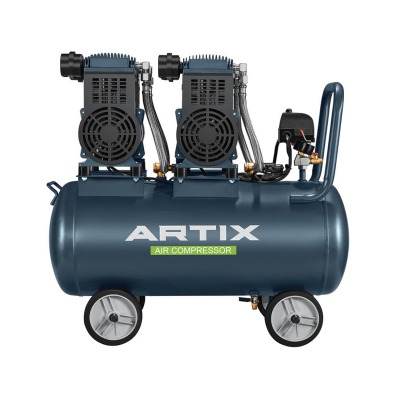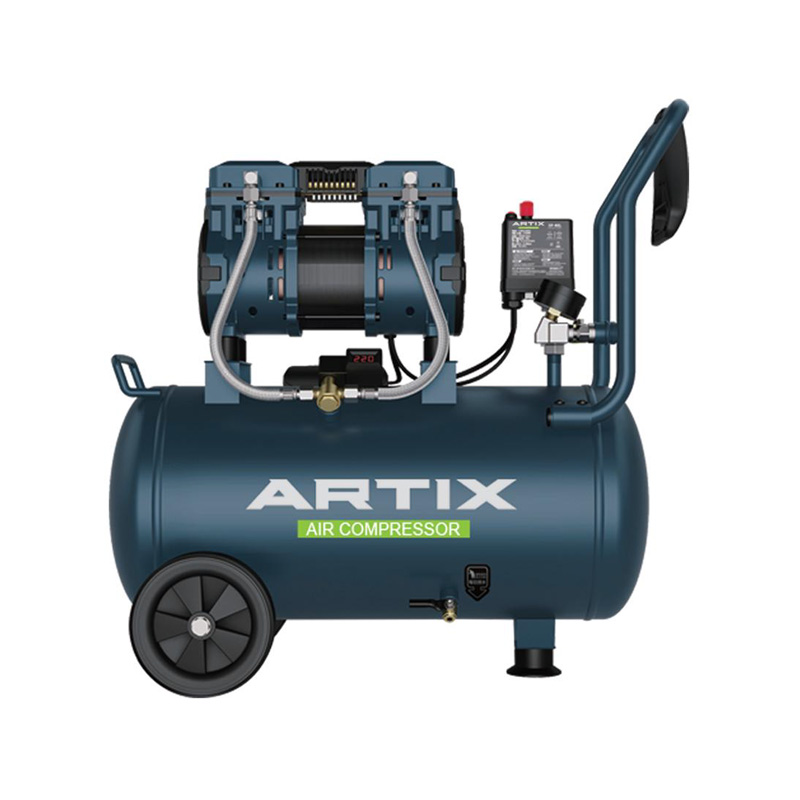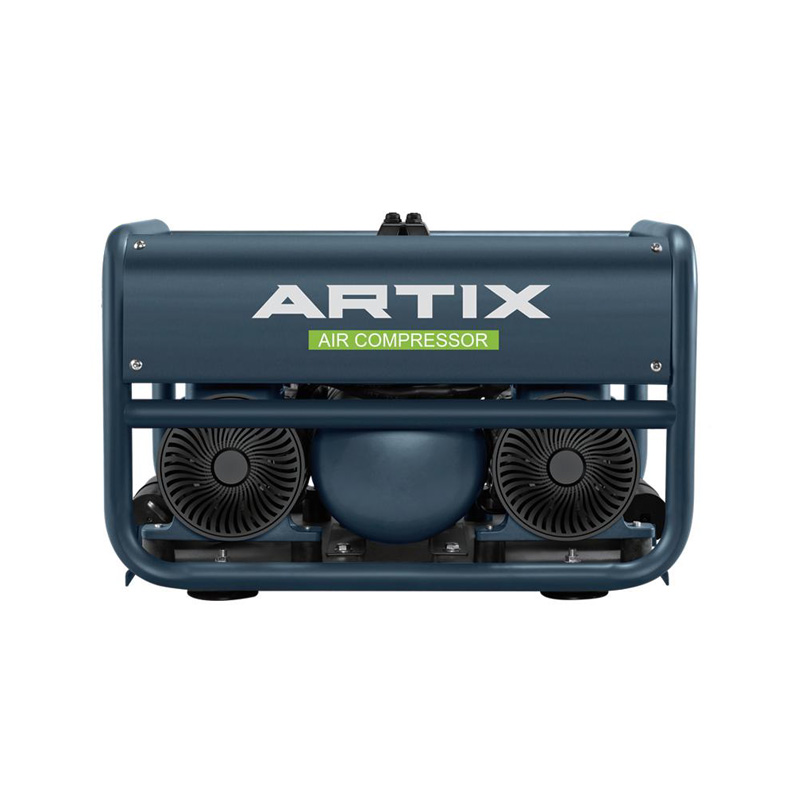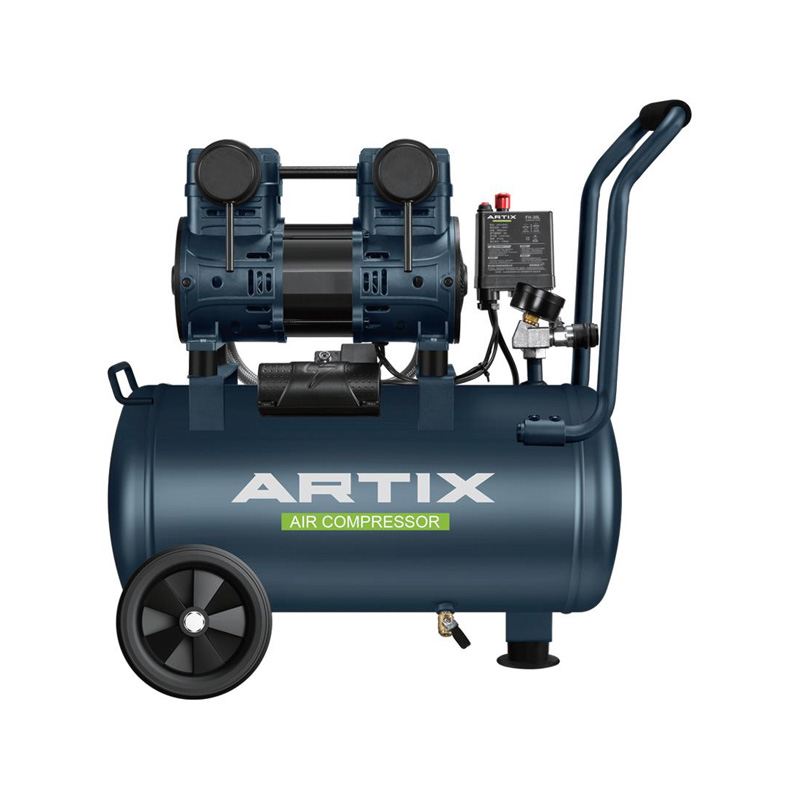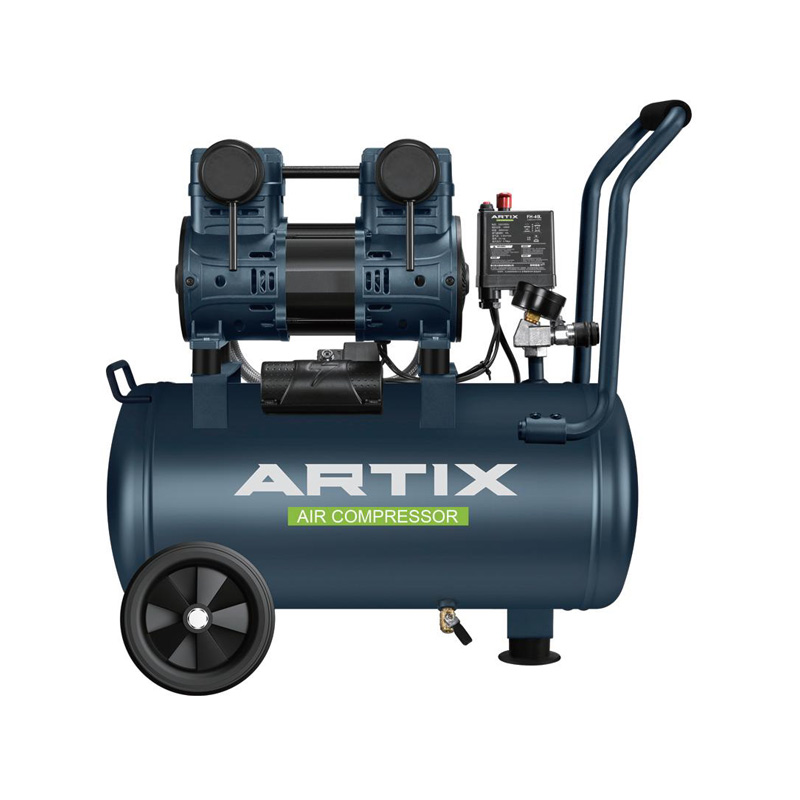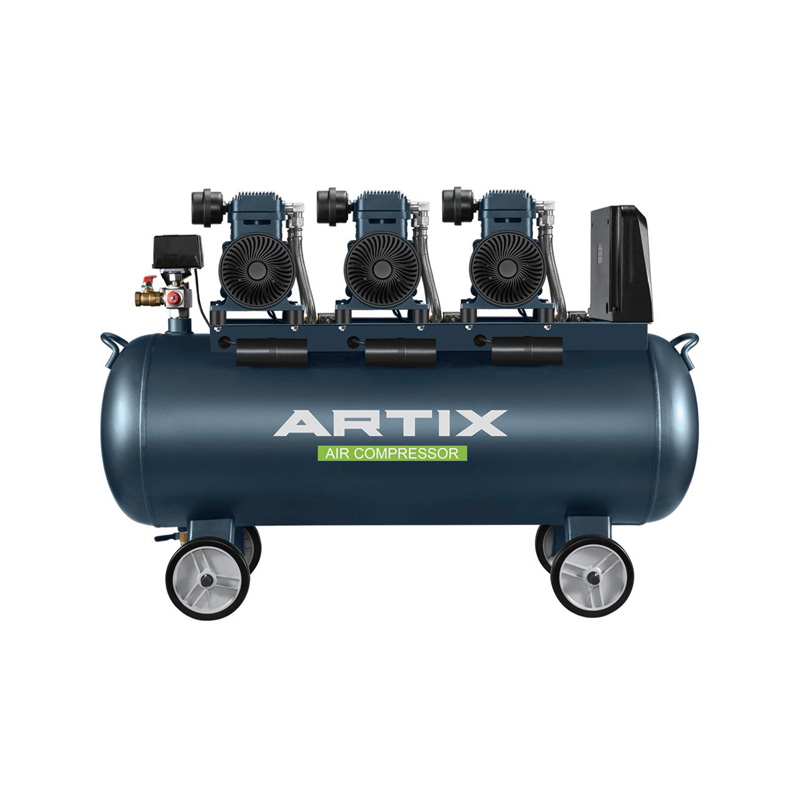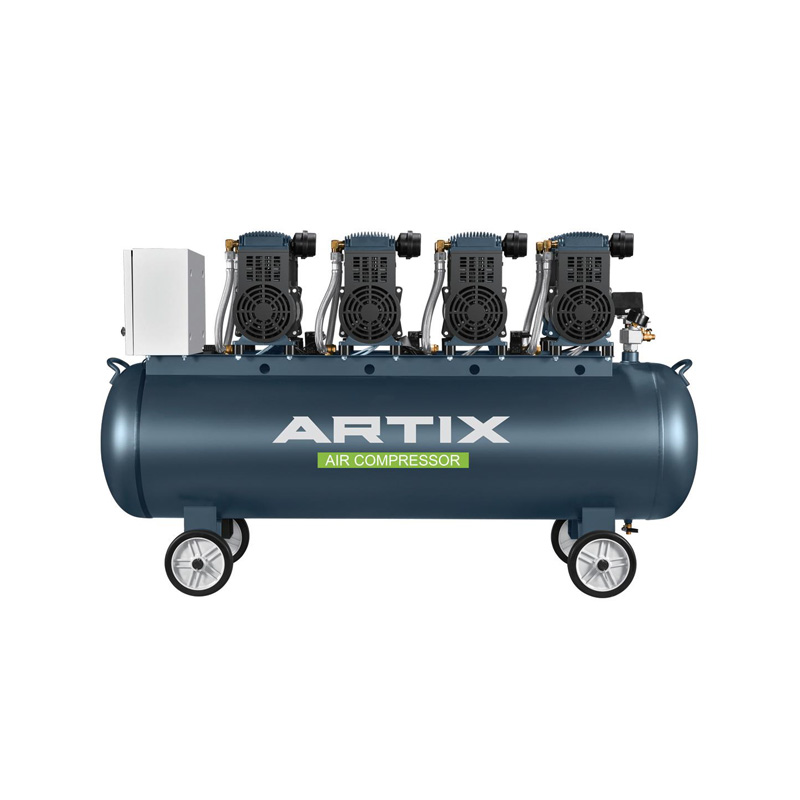OEM/ODM Sale oil less screw compressor
The oil less screw compressor has become an essential component in various industries, particularly in pharmaceuticals and food processing. Its design eliminates the need for oil in the compression chamber, which is crucial for applications where air purity is paramount. This feature makes the screw compressor particularly suitable for environments that require stringent hygiene standards, such as those found in the pharmaceutical and food sectors.
In the pharmaceutical industry, the oil less screw compressor is utilized for a range of applications, including the powering of pneumatic equipment and the operation of various manufacturing processes. The absence of oil contamination is vital here, as even trace amounts of oil can compromise the integrity of pharmaceutical products. For instance, during the production of sterile medications, any contamination can cause significant health risks and regulatory issues. Therefore, the oil less screw compressor provides a reliable solution that ensures the compressed air used in these processes is clean and free from contaminants.
Moreover, it is instrumental in maintaining the quality of air used in the packaging of pharmaceutical products. Many packaging processes require the use of compressed air to operate machinery that seals and labels products. Using an oil less screw compressor in these applications helps to maintain the sterility of the packaging environment, ensuring that the final products are safe for consumer use. This is particularly important in the production of injectables and other sensitive medications, where contamination can have dire consequences.
In the food processing industry, the screw compressor plays a similarly critical role. Compressed air is widely used in food manufacturing for tasks such as conveying ingredients, operating machinery, and packaging products. The use of an oil less screw compressor in these applications helps to prevent oil contamination, which can spoil food products and cause costly recalls. For example, in the production of beverages, the screw compressor is often used to blow bottles and cans, ensuring that the air used in this process is free from any oil residues that could affect the taste or safety of the final product.
Additionally, the oil less screw compressor is essential in the food industry for maintaining a clean production environment. Many food processing facilities are required to adhere to strict hygiene standards, and the use of an oil less screw compressor helps to meet these requirements. By providing clean, dry air, it supports the overall sanitation of the production area, reducing the risk of contamination from airborne particles.
The versatility of the oil less screw compressor also extends to its ability to operate in various temperature and humidity conditions, making it suitable for different food processing environments. Whether in a cold storage facility or a hot production line, it can maintain consistent performance, ensuring that the compressed air remains free from moisture and oil.
Furthermore, the economic benefits of using an oil less screw compressor cannot be overlooked. While the initial investment may be higher than that of traditional oil-flooded compressors, the long-term savings in maintenance and operational costs make it a wise choice for many companies. The reduced need for oil changes and the lower risk of equipment failure contribute to a more efficient and cost-effective operation.
In a word, the oil less screw compressor is a vital component in both the pharmaceutical and food processing industries. As industries continue to prioritize safety and quality, the demand for the oil less screw compressor is likely to grow, solidifying its role as a key player in modern manufacturing processes. The benefits of using an oil less screw compressor extend beyond just compliance with regulations; they also enhance product quality and operational efficiency, making it an essential investment for businesses in these critical sectors.
